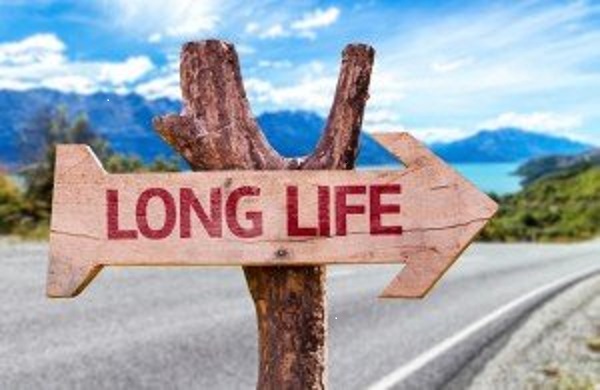Happy New Year 2020! This year, I plan to write more about the impact that Australia’s ageing population will have and how our ideas about what retirement is, may start to change.
Because most of us have grown up with the idea that retirement is all about relaxing and enjoying a life occupied mainly by leisure, most of us don’t realise that this view is relatively recent phenomenon . It wasn’t until the 1950s in America that the idea of over 50s resort villages, focused on leisure activities, were first introduced. This idea has since spread all over the world and while resort villages definitely appeal to some people, not everyone wants to spend 25 years in one.
In fact, numerous research projects indicate that the majority of over 60s want to age in their own homes, if adequate support facilities are available and affordable. Generally, people like to stay in their familiar communities where they have lots of long-term friends and neighbours.
The problem for governments, businesses and not-for-profit organisations is that it’s quite difficult to understand what people in their 60s and 70s really want to do with all the extra years that an ageing population now offers. Once people solve the basic needs for food, shelter and medical services, they start thinking about “quality of life.” Contrary to the stereotype views about most older people being frail, ill and in need of lots of support, most of todays over 60s are part of a hugely diverse group with varying degrees of health, wealth, education, motivation and intelligence, just to name a few variables.
To make it even more difficult for organisations wishing to provide goods and services to this group is that they are all “Baby Boomers”. This is the group that started changing the world in the 1960s. They are computer literate, educated, understand how to protest and use their voting power. They have changed most of the industries they have come in contact with and don’t tolerate the status quo if it doesn’t work for them.
We have already seen baby boomers, starting new businesses, working part time, volunteering, going on adventure holidays, looking for new lives and challenges and using their voting power.
As we enter the second decade of the 21st century, the disruption that marked the first decade will continue to be felt in the “retirement economy,” as the baby boomers learn what they can do with all the extra years that are now becoming available to them.
If you’d like to read more about making the most of the extra years now available to you, our 5 books contain lots of useful information and advice. They’re available on this website.

